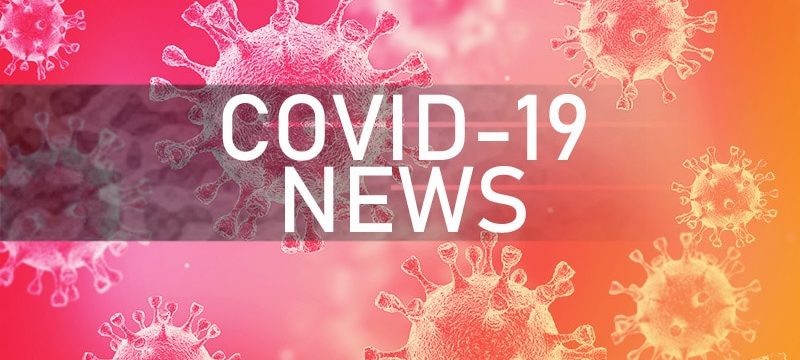Editor’s note: Find the latest long COVID news and guidance in Medscape’s Long COVID Resource Center.
The chances of having long COVID appear to decrease sharply between a person’s first and second infections, a new study from the United Kingdom shows.
More than 500,000 people self-reported their symptoms in an ongoing survey, according to the U.K.’s Office for National Statistics.
Around 4% of responding adults said they had long COVID symptoms 4 weeks after the first infection. But only 2.4% of those who did not have long COVID symptoms after the first infection reported such symptoms after the second infection.
“It does seem that the risk is significantly lower the second time around than the first time around for developing long COVID,” Daniel Ayoubkhani, a statistician at the Office for National Statistics in the United Kingdom, told NPR.
The most common long COVID symptoms were fatigue, a hard time concentrating, muscle aches, and shortness of breath.
The U.K. study didn’t say why people are less likely to have long COVID after a second infection. But Ayoubkhani said it may be because they got immunity from the first infection or are simply less prone to COVID-19 infections in the first place.
The study’s conclusions are similar to those found in a U.S. study of the VA medical system.
“Undeniably, we are seeing very, very clearly that for the second infection, the risk is lower than the first infection,” Ziyad Al-Aly, MD, an epidemiologist at Washington University in St. Louis who led that study, told NPR.
Sources:
U.K. Office for National Statistics: “Prevalence of ongoing symptoms following coronavirus (COVID-19) infection in the UK: 30 March 2023.”
NPR: “You’re less likely to get long COVID after a second infection than a first.”
Source: Read Full Article
